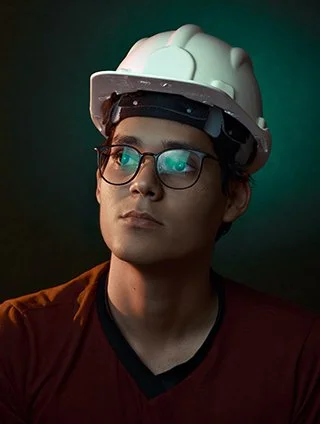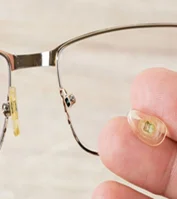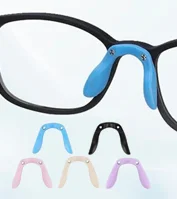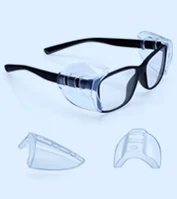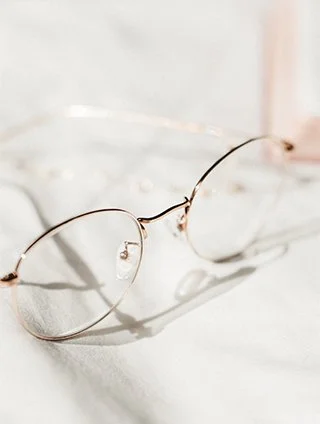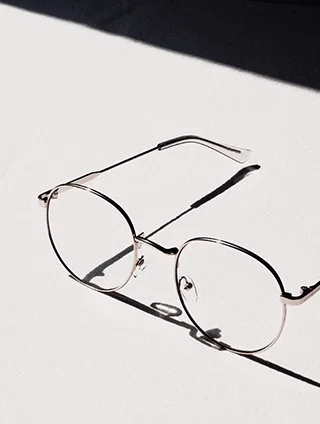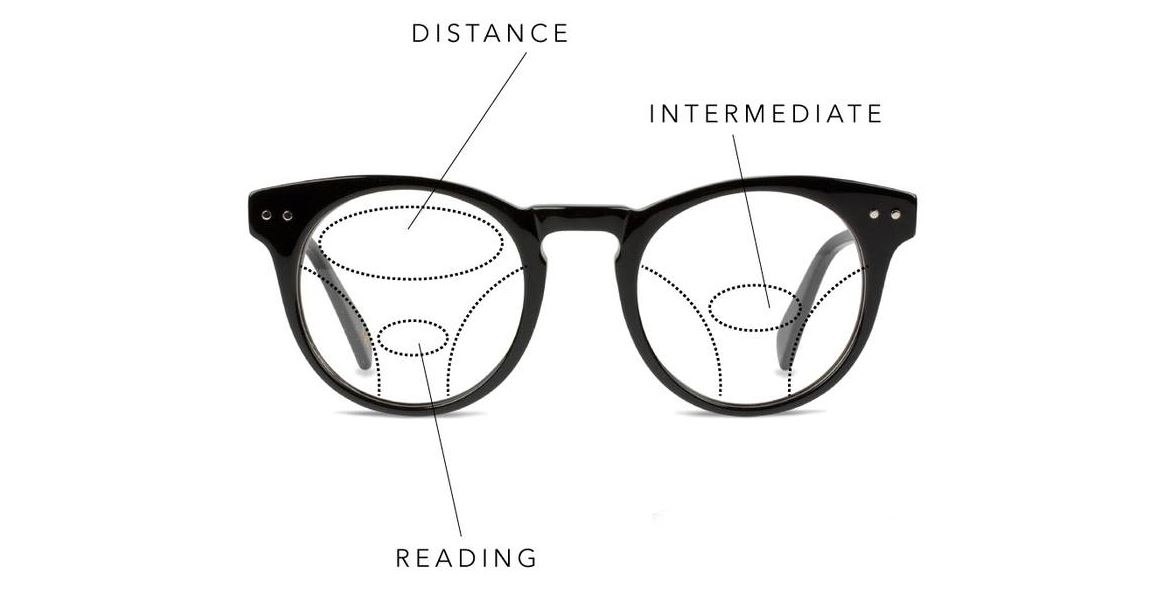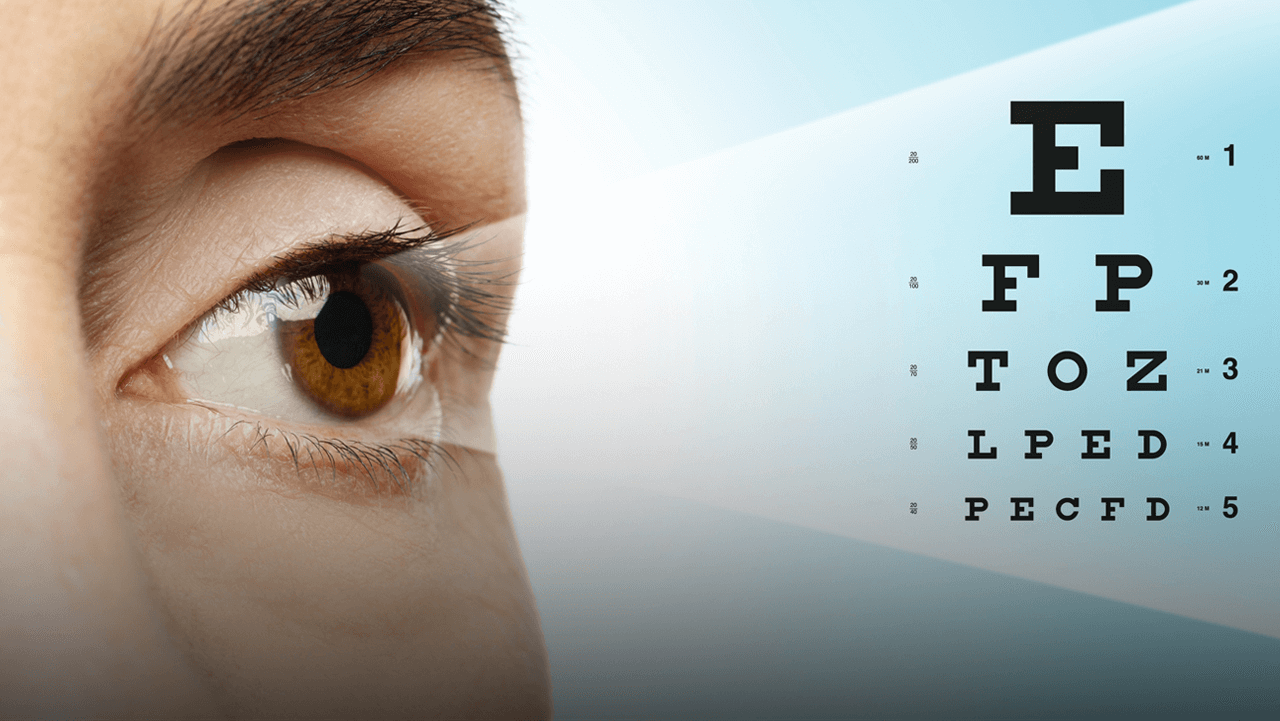Commonly known as progressive additional lenses (PAL), progressive lenses are an important part of reading prescription eyeglasses. These special glasses have fame because of progressive lenses' unrivaled attributes. progressive lenses are also known as graduate lenses, multifocal lenses, no-line bifocal lenses, and progressive power lenses. These variants show some additional features of progressive glasses.
For example, the names with progressive power lenses, multifocal, and graduate lenses show that these lenses have lens power that increases gradually. They are helping the wearers to correct their refractive errors. Such a gradual increase in power starts with the minimum range from the top of the safety eyewear glasses lens. And end at the additional power on the bottom of the lens.
The Dimension of Progressive Lenses:
Generally, the length of gradient power on the lens usually extends from 15 to 22 mm. The additional power of the lens usually remains between 1.00 to 0.25 diopters. Besides this, no-line bifocals or progressive lenses have superior quality features than bifocal lenses. in this situation, reading glasses with progressive lenses are also named no-line bifocal reading glasses.
The Invention of Progressive Lenses:
Evidence indicates that the first progressive lenses were established by Duke-Elder in 1922. Those lenses were first prepared on aspheric surfaces. The latest design of progressive lenses was established by Bernard Maitenaz and Patented in 1953 after the innovation of the Varilux lens. It is comprehensible, that those progressive safety optical glasses lens had comparatively unfinished design and workmanship. But current progressive lenses are more developed and they have got greater user acceptance.
Distribution of Power on Lens Surface:
Generally, it has three vision zones near vision, intermediate vision, and distance vision zones. The near zone usually sits at the bottom of the lens and the distance portion lies on the top of the lens. The intermediate distance lies in the middle portion of the progressive lenses. The latest advancement in technologies has developed numerous variations in basic progressive design.
For example, RX safety glasses with progressive lenses can be used for a computer as well. Furthermore, these lenses can be designed for enlarged near or distant portions. These modified progressive lenses are doing great help for individual use for particular jobs. The manufacturers used developed technologies and are trying to reduce unwanted aberrations on progressive lenses.
They are trying to enhance the modeling of the lens surface and conduct trials for wearers. Moreover, computer-organized machines are applied to cut the complicated surface of progressive lenses. For further details, feel free to read the below articles.
The Advantage of Progressive Lenses:
With the help of progressive lenses, you don’t need to have more than one pair of prescription safety glasses. You don’t need to switch your reading to standard glasses. With these lenses, you can see a natural view. In case of switching from close to far distances, you don’t need to jump like bifocal or trifocal lenses. While driving, you can easily switch to see from the dashboard to the road or even at a sign but with a smooth transition. Access your favorite pair of eyewear on EyeWeb.
The Disadvantages of Progressive Lenses:
Progressive lenses take some time to adjust. You need to practice yourself to look out from the lower part of the lenses for reading. For looking at distance, use the lower part, and between the distance, use the middle part of the lens. In some cases, people don’t adjust with these lenses and some adjust very quickly. During practice periods, you can feel dizzy and nauseous due to looking through the wrong section of the power of lenses. you can feel some distortion in your peripheral vision.








